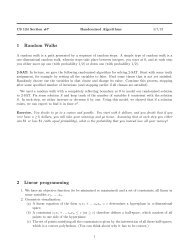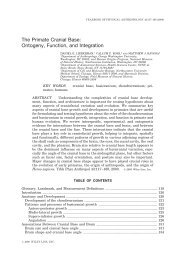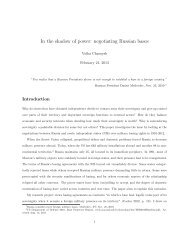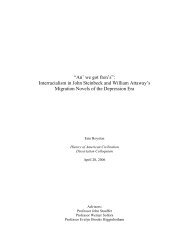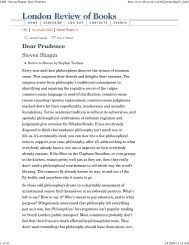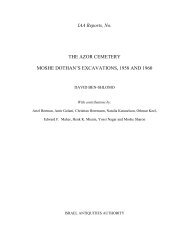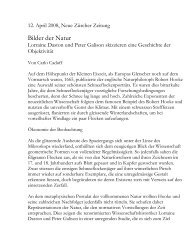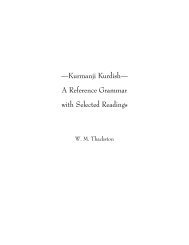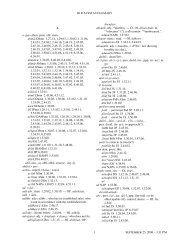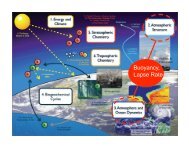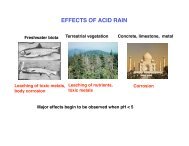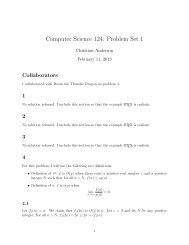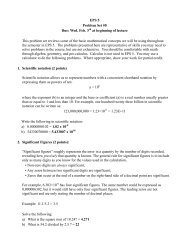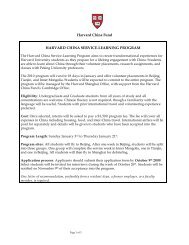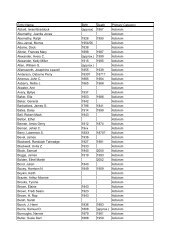—Kurmanji Kurdish— A Reference Grammar with Selected Readings
—Kurmanji Kurdish— A Reference Grammar with Selected Readings
—Kurmanji Kurdish— A Reference Grammar with Selected Readings
You also want an ePaper? Increase the reach of your titles
YUMPU automatically turns print PDFs into web optimized ePapers that Google loves.
elative clauses <strong>with</strong> an antecedent preceded by wek or mîna ‘like.’<br />
wek peza ku ço li serî ketibe like a sheep on whose head a stick has<br />
landed<br />
(4) The past subjunctive form of two verbs, karîn ‘to be able’ and zanîn<br />
‘to know,’ is normally used as the present subjunctive.<br />
Însan naxwazin ku kesên din bizanibin<br />
ew tiştên weha dixwîne.<br />
Em dixwazin bizanibin. We want to know.<br />
People don’t want others to know that<br />
they read such things.<br />
Ev girîng e ku mirov bizanibe … It’s important that one know that…<br />
Ez ne bawer im ku tu kes bikaribe<br />
bibêje ku rewşa ziman û edebiyata<br />
kurdî baş e.<br />
Kêm berhemên gel û miletên din yên<br />
evqasî kevin hene ku mirov bêî alîkariya<br />
ferhengan bikaribe jê têbigihê.<br />
Ji bo ku bikaribim razêm, min di serê<br />
xwe de plana ku ezê çawa û bi çi awayî<br />
bikaribim wî benderuhî bikujim,<br />
çêdikir.<br />
KURMANJI KURDISH<br />
I don’t believe that anybody could say<br />
that the style of Kurdish language and<br />
literature is good.<br />
There are few works belonging to other<br />
such ancient groups and nations that<br />
one could understand <strong>with</strong>out the help<br />
of a dictionary.<br />
In order that I be able to sleep, I was formulating<br />
a plan in my head how and by<br />
what means I would be able to kill that<br />
creature.<br />
§ 23. The Future Perfect Tense. The future perfect is formed, like the future,<br />
by adding ê to pronominal subjects or wê to nominal subjects, and the<br />
verb is in the past subjunctive. Effectively only two verbs, zanîn and karîn,<br />
occur in this tense, and they are used for a past modal of ‘know’ and ‘can,’<br />
like the English modal ‘would know’ and ‘would be able’ (and not like the<br />
English future perfect ‘I will have known’), as in the following conjugations:<br />
zanîn karîn<br />
ezê bizanîbim emê bizanîbin ezê bikarîbim emê bikarîbin<br />
tê bizanîbî hunê bizanîbin tê bikarîbî hunê bikarîbin<br />
60



